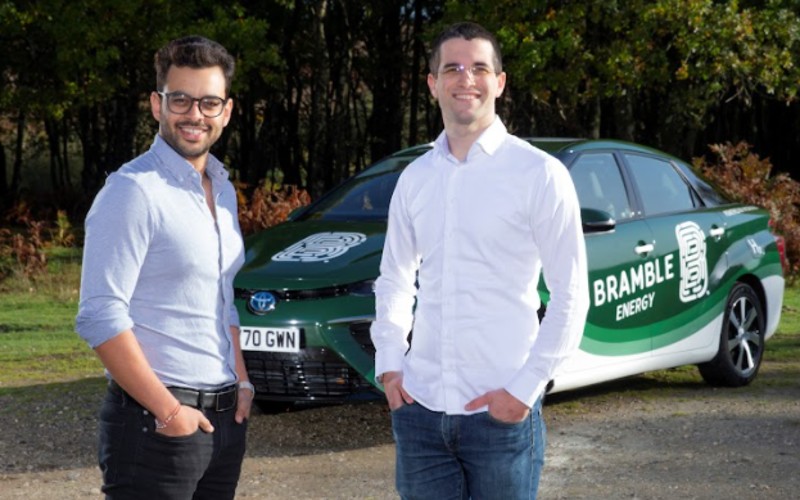London-based fuel cell company Bramble Energy has closed a £35 million investment round.
The funding will expand its capabilities in solving key challenges in the production and implementation of hydrogen fuel cell stacks, which could be crucial to the world’s Net Zero ambitions.
Current hydrogen fuel cell technologies are limited because of cost, inflexibility, manufacturing complexity and scaling issues. Bramble Energy says it changes the game with its revolutionary technology and by leveraging an existing global manufacturing base.
Utilising the printed circuit board (PCB) industry, Bramble Energy can turn around bespoke fuel cell stacks from design concepts to physical units within days, saving up to a year in development time compared to other manufacturers.
This investment has been led by HydrogenOne Capital Growth plc and is supported by the existing institutional investors BGF, IP Group, Parkwalk Advisors and the UCL Technology Fund.
It will allow Bramble Energy to roll out its portable power products globally as well as continue to develop its liquid-cooled fuel cell stack capability to enable decarbonisation across a number of industries and sectors.
Following the previous funding round in summer 2020, Bramble Energy has rapidly grown from a team of three to 35. There are now plans to grow to more than 100 employees.
“There is no bigger challenge that humanity faces than the climate crisis and our team’s core purpose is to help the world achieve Net Zero,” said CEO and co-founder Dr Tom Mason.
“Hydrogen fuel cells have long been viewed as a ‘future’ solution however deployment of this clean energy technology has been hindered by complex manufacturing and the high costs associated with this.
“This is a hugely exciting time for Bramble Energy, with many eyes focused on the UK’s leadership role in the transition to a greener economy. The recent Series B funding round allows us to continue solving some of the greatest barriers to the adoption of fuel cells – through our ground-breaking manufacturing route, scale-up potential and low-cost production.”


